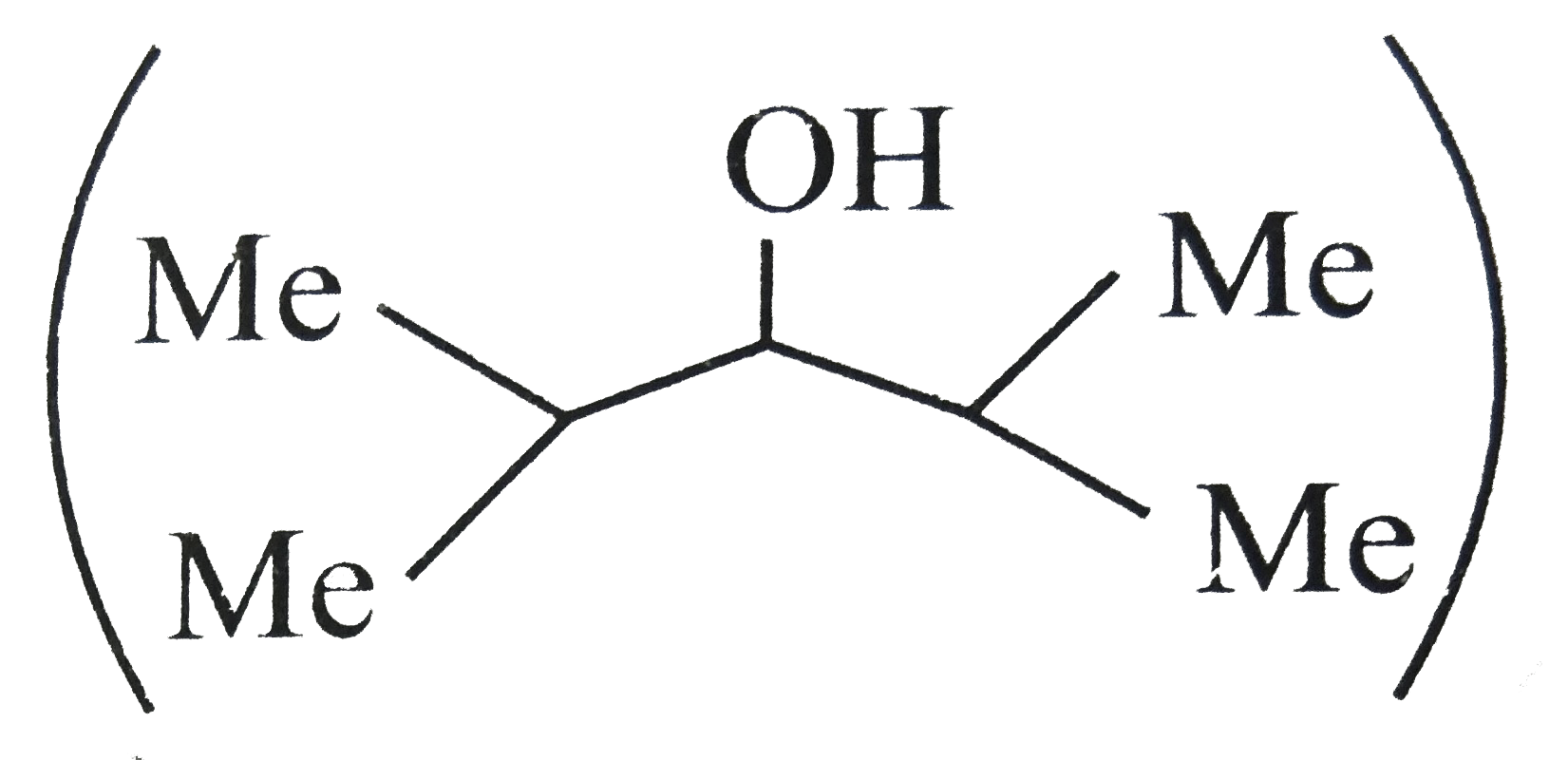The adduct of a compound (A) with isopropyl magnesium halide on hydrolysis gives a tertiary alcohol. The compound (A) is:
An ester
A secondary alcohol
A primary alcohol
An aldehyde
The correct Answer is:A
Step by step video & image solution for The adduct of a compound (A) with isopropyl magnesium halide on hydrolysis gives a tertiary alcohol. The compound (A) is: by Chemistry experts to help you in doubts & scoring excellent marks in Class 12 exams.
Updated on:21/07/2023Topper's Solved these Questions
- HALOALKANES & HALOARENES Book:VMC MODULES ENGLISHChapter:HALOALKANES & HALOARENES Exercise:IMPECCABLE
Explore 100 Videos
- HALOALKANES & HALOARENES Book:VMC MODULES ENGLISHChapter:HALOALKANES & HALOARENES Exercise:ENABLE
Explore 99 Videos
- ENVIRONMENTAL CHEMISTRYBook:VMC MODULES ENGLISHChapter:ENVIRONMENTAL CHEMISTRYExercise:JEE Main (Archive)
Explore 39 Videos
- HALOALKANES AND HALOARENESBook:VMC MODULES ENGLISHChapter:HALOALKANES AND HALOARENESExercise:IN-CHAPTER EXERCISE - F
Explore 6 Videos
Similar Questions
Knowledge Check
A cyanohydrin of a compound X on hydrolysis gives lactic acid. The X is
AHCHOBCH3CHOC(CH3)2CODC6H5CH2CHO
Which of the following alkyl halides on hydrolysis gives a glycol?
View SolutionPropyl ester reacts with isopropyl magnesium bromide to give 2∘ alcohol
 The ester is :
The ester is :
View SolutionPropyl lithium reacts with ethene to give a compound (A), which on reaction with methanal followed by acidic hydrolysis gives compound (B). The compound (B) is :
View SolutionThe reaction of methyl magnesium iodide with acetone followed by hydrolysis gives secondary butanol.
View SolutionFormaldehyde when reacted with methyl magnesium bromide followed by hydrolysis gives
View SolutionWhich of the following compounds has isopropyl group?
View SolutionReaction between acetone and methyl magnesium chloride followed by hydrolysis will give:
View Solution